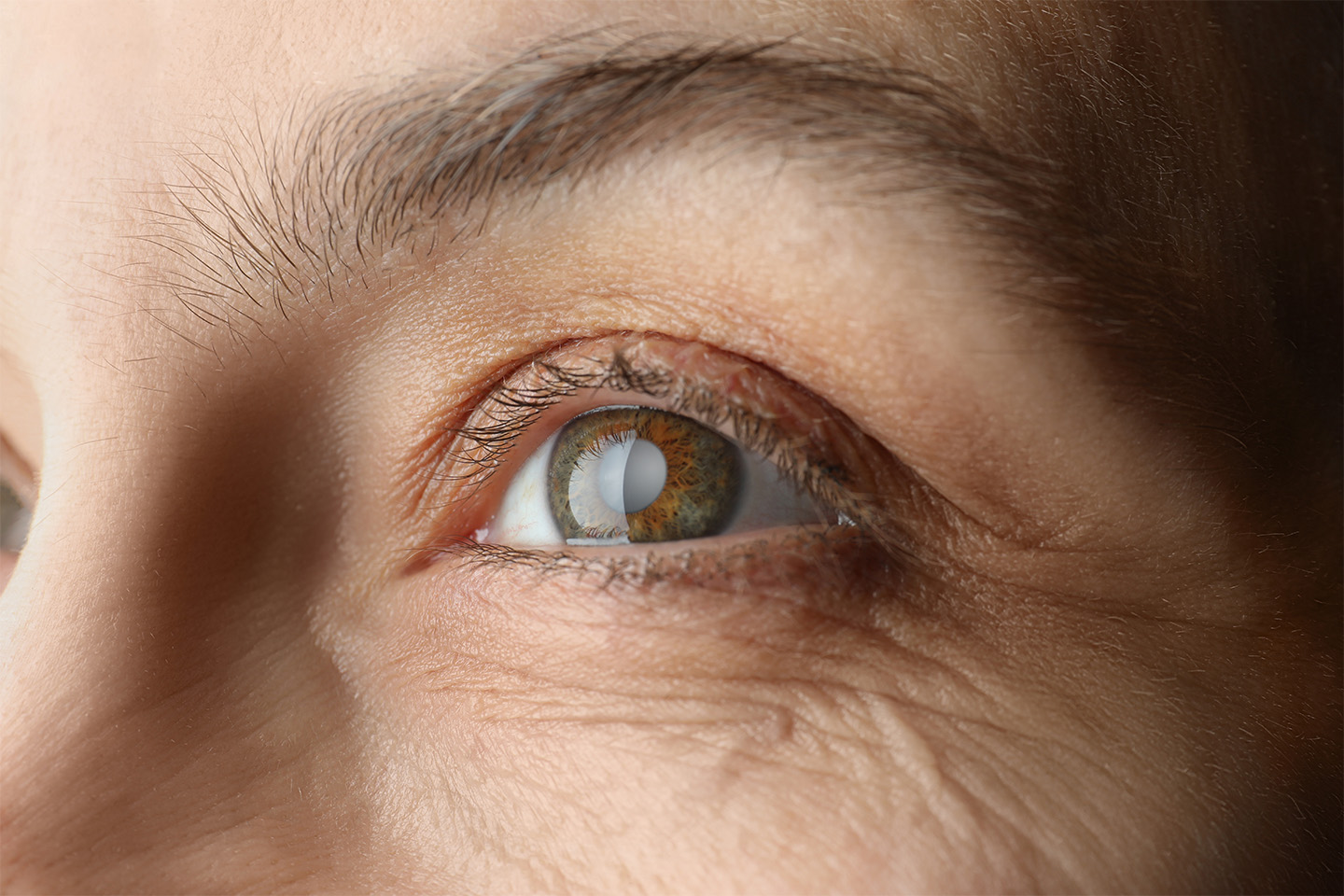Opticians, Optometrists and Ophthalmologists – Oh My. What’s the Difference?

Your vision is important, and, to a large degree, it depends on seeing the right kind of eye doctor at the right time. Ophthalmologists, optometrists and opticians each play a key role in providing eye care. But the levels of training and expertise are different for each type of provider.
Here’s a brief overview of the three types of eye care providers and what each can do:
Ophthalmologists
Ophthalmologists are medical doctors (MD) or osteopathic doctors (DO) who specialize in eye and vision care. Ophthalmologists differ from optometrists and opticians in level of training and in what they can diagnose and treat. As a medical doctor who has completed college, medical school and residency, an ophthalmologist is licensed to practice medicine and perform surgery. Ophthalmologists diagnose and treat all eye diseases, perform eye surgery and prescribe and fit eyeglasses and contact lenses to correct vision problems. While ophthalmologists are trained to care for all eye problems and conditions, some specialize in a specific area, completing additional, more in-depth training called a fellowship in such as glaucoma, retina, cornea, pediatrics, neurology and plastic surgery.
Optometrists
Optometrists are healthcare professionals who provide primary vision care ranging from sight testing and correction to the diagnosis, treatment, and management of vision changes. An optometrist is not a medical doctor. An optometrist receives a doctor of optometry (OD) degree after completing four years of optometry school, preceded by an undergraduate degree. Optometrists are licensed to practice optometry, which primarily involves performing eye exams and vision tests, prescribing and dispensing corrective lenses, detecting certain eye abnormalities, and prescribing medications for certain eye diseases.
Opticians
Opticians are technicians trained to design, verify and fit eyeglass lenses and frames as well as contact lenses to correct eyesight. They use prescriptions supplied by ophthalmologists or optometrists, but do not test vision or write prescriptions for visual correction. Opticians are not permitted to diagnose or treat eye diseases. Kleiman|Evangelista Eye Center employs board-certified ophthalmologists and optometrists as well as the area’s most experienced and well trained opticians. The entire Kleiman|Evangelista team serves its large family of patients that come from all across the Dallas-Fort Worth Metroplex for their vision needs. Kleiman|Evangelista has locations in Arlington, Dallas and Plano.
The entire Kleiman|Evangelista team serves its large family of patients that come from all across the Dallas-Fort Worth Metroplex for their vision needs. Kleiman|Evangelista has locations in Arlington, Dallas and Plano. Contact us today!
Turn To The Top Eye Doctors In Texas
Check out one of our locations below for the best eye care near you:









